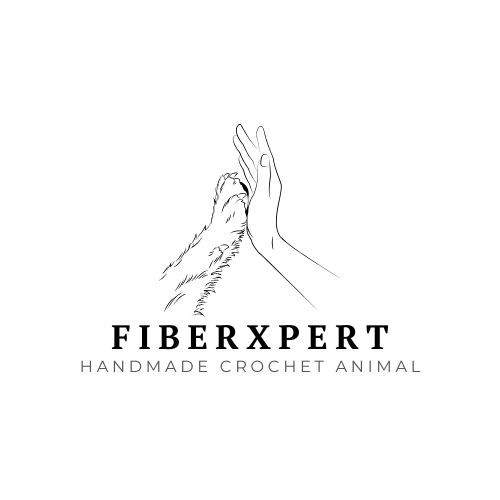Handmade crochet animal toys are more than charming decorations—they play a valuable role in childhood development and emotional bonding. With their soft textures, friendly expressions, and comforting feel, these toys support cognitive, emotional, and sensory growth in children.
From a young age, children form attachments to plush toys that offer security and familiarity. Crochet animals, with their warm and tactile materials, often become “first friends” that children turn to for comfort during naps, transitions, or moments of stress. This emotional support helps promote resilience and self-soothing behavior.
These toys also encourage imaginative play, allowing children to create their own stories and scenarios. Unlike electronic or overly realistic toys, handmade plush animals leave space for creativity. Whether it’s pretending to care for a tiny fox or having tea with a crocheted bunny, the open-ended nature of these toys nurtures imagination and storytelling skills.
For infants and toddlers, the tactile benefits are just as important. Many crochet animals have looped ears, curly tails, or bumpy textures that stimulate fine motor skills and sensory exploration. Grasping, tugging, and holding soft limbs can improve hand strength and coordination.
Parents and caregivers also find joy in the gentle aesthetic of these toys. Their presence adds a sense of calm to playrooms and nurseries, and their handmade nature reinforces the value of slower, more intentional living. They offer a quiet alternative to noisy, battery-operated toys—perfect for Montessori or Waldorf-inspired environments.
Additionally, these toys create connection. Whether passed down between siblings or gifted from one generation to the next, handmade crochet animals carry stories and memories. They become symbols of love, comfort, and care—treasured far beyond the early years.
Simple care instructions ensure longevity: spot clean with mild soap, allow to air dry, and avoid machine washing. Supervised play is recommended for young children.
